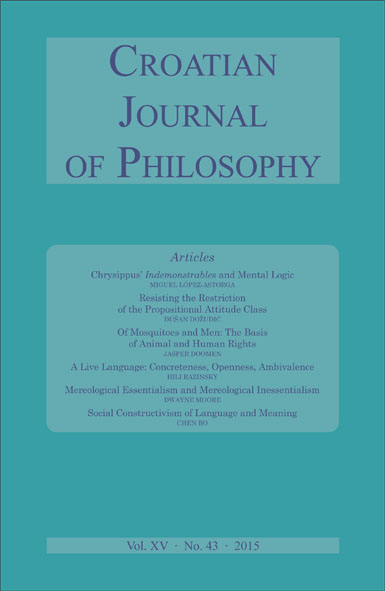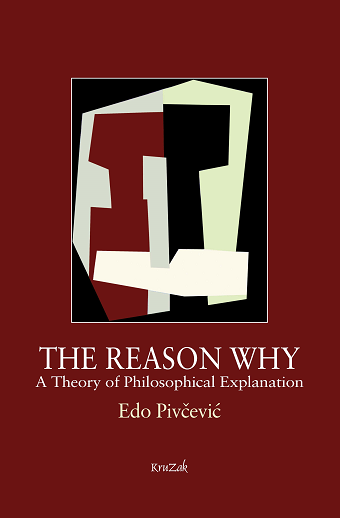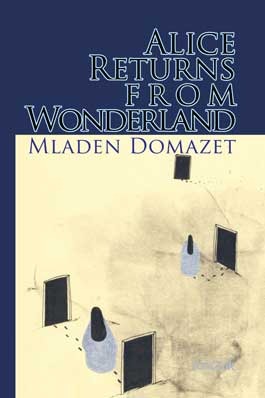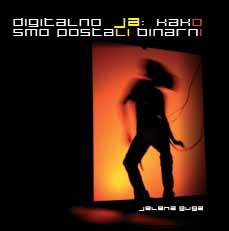
Croatian Journal of Philosophy
Croatian Journal of Philosophy
CROATIAN JOURNAL OF PHILOSOPHY publishes philosophical work, mainly in analytic philosophy, combining high quality contributions from Central Europe (with a focus upon Croatia, Slovenia and Hungary) and contributions from Western Europe and US. One issue per year is thematic. CROATIAN JOURNAL OF PHILOSOPHY has been founded in 2001. Since 2010 the e-ISSN number is 1847-6139 (Online)
More...


